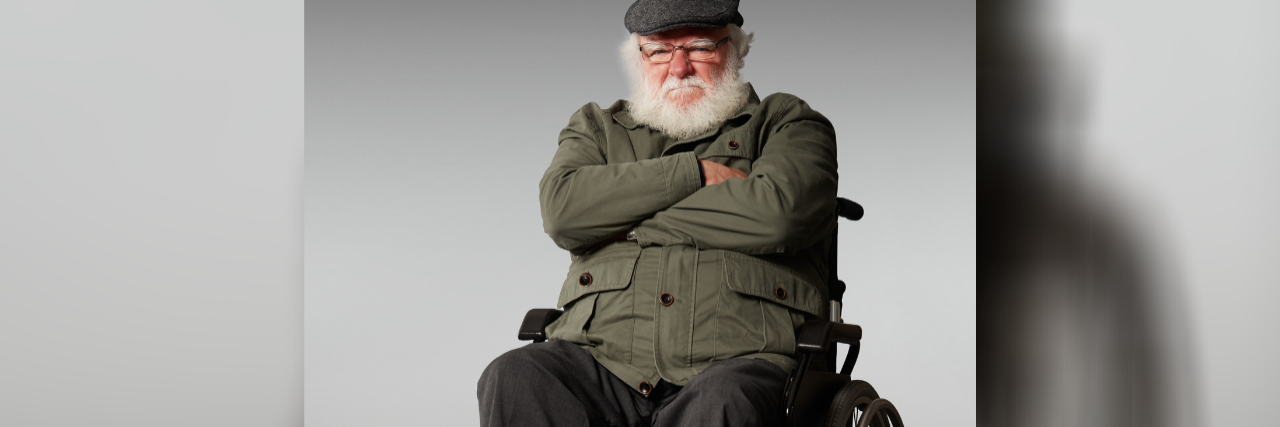Have you ever met a person who, at least upon your first impression, is just mean? It may be that they seem impolite, cold or fond of insulting others, or maybe a combination of these. Whilst many people may shrug off an encounter with this sort of person, there are also a great number of people who would choose to bear this meeting in mind when considering a future exchange with the same individual.
Now, consider the same meeting again. Only this time, said rude person is in a wheelchair and appears to have a disability. Does the person’s apparent disability affect how you address their attitude? Are they held to the same standard as those who are not visibly disabled?
Throughout my life, I have experienced and witnessed prejudice at work in many different ways. But some of the most grating forms for me are the kind that negate personality in a person with a disability.
At their most pernicious, these kind of microaggressions sound like when a member of staff at a restaurant asks someone else about the disabled person’s meal, assuming that said person is unable to speak for themselves.
Other times, such attitudes sound like an acquaintance defending the poor behavior of a disabled person whose disability has no bearing on their ability to form and maintain positive relationships. It’s almost as though, as a person with a disability, they are not given the right to be held accountable for their actions.
Like all people, people with disabilities have personalities. Whether a disability is physical, intellectual or otherwise, each person has within them the ability to be kind and not so kind.
Every person with a disability is different. We all have interests, favorite people and places, and pet peeves. Rather than assuming that a person with a disability is incapable of showcasing their characteristics to others through conversation, it would be nice to see more people outside of the disability community engaging with those from inside of it; learning and growing from one another, building bridges through shared interests or mutual annoyances.
To judge a person in a wheelchair upon first glance as being unable to communicate their wants and needs, or being devoid of likes and dislikes, is to deny them of the nuances afforded to people who are not wheelchair users.
To see a person with a disability as someone who is incapable of poor behavior is to rob their character of its dimensions. Whilst it’s certainly true that certain disabilities can have an effect on an individual’s ability to socialize effectively, that is not true for all people with disabilities.
People with disabilities are not happy, smiling, empty people who are defined only by their differences. They are not melancholic, pitiable people, either. Rather, people with disabilities are full, colorful humans who can be generous or selfish, outgoing or reserved, warm or cold, friendly or annoying.
People with disabilities deserve the right to be nuanced humans with aspirations, interests and character. So, don’t be afraid of being a “bad person” if you think someone with a physical disability is mean because, if they’re anything like my older brother with cerebral palsy, then they’re probably just as annoying as the rest of us here on this planet!
I urge anyone who hasn’t tried talking to a person with a disability on a human-to-human level to try it sometime. Maybe that person will be super annoying. Or, just maybe, that person could become your very best friend.
Getty image by Your Photo Stock.

